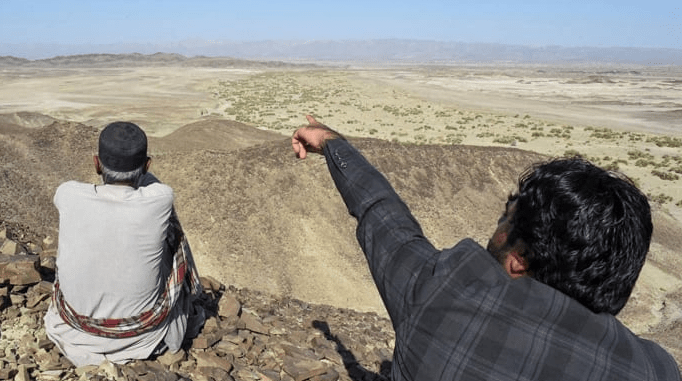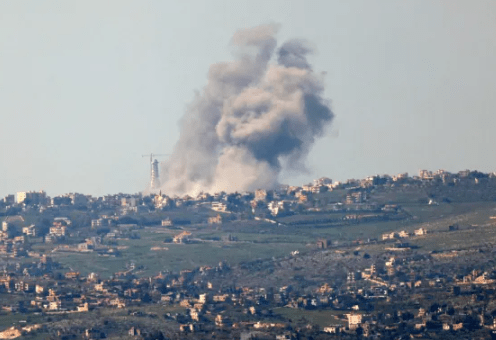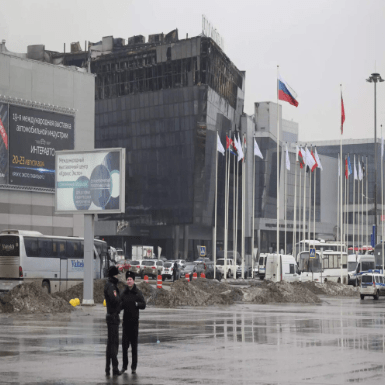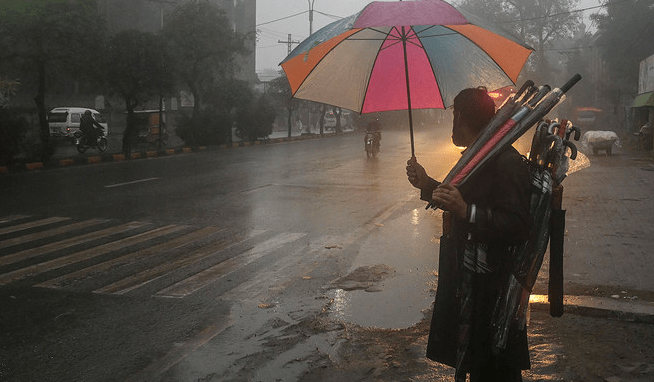Lebanon: Government hikes petrol prices again to tackle shortages
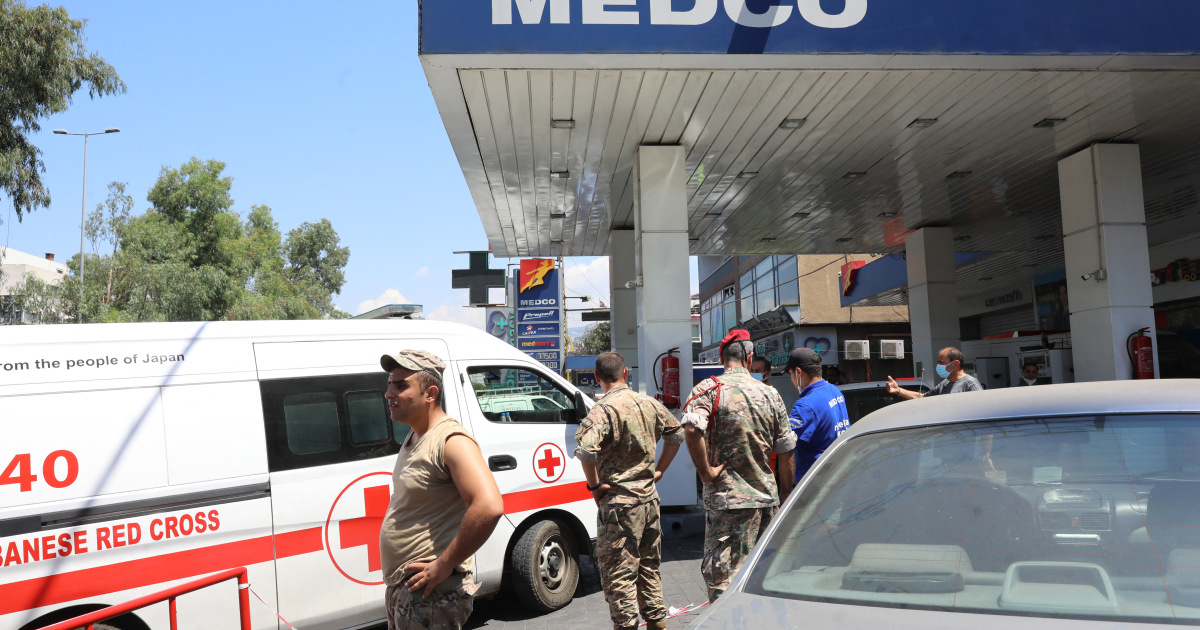
Lebanon’s new government hiked petrol prices by nearly 38% on Friday in an effort to dial back subsidies and reduce crippling gasoline shortages.
Beirut, Lebanon – The Lebanese energy ministry hiked petrol prices again on Friday – this time by almost 38 percent – as the country continues to dial back fuel subsidies to tackle crippling shortages.
According to an official document signed off by newly installed Energy Minister Walid Fayyad, the price of 20 litres of 95-octane and 98-octane gasoline increased to 174,300 ($11.24) and 180,000 ($11.64) Lebanese pounds respectively.
That is equivalent to just over a quarter of the country’s minimum wage.
Friday’s petrol price hike, one of the first moves by the new Lebanese government under Prime Minister Najib Mikati, is one of several in recent months to reduce a crippling shortage of gasoline and pave the way to fully lift subsidies.
Last month, authorities raised the price of 95-octane fuel by 66 percent.
Mikati has said that lifting fuel subsidies is a crucial step towards pulling the country out of an economic crisis that the World Bank has ranked among the world’s three worst over the past 150 years.
Lebanon must produce a credible economic reform blueprint in order to unlock billions of dollars in pledged international donor aid and jump-start talks with the International Monetary Fund for a desperately needed bailout.
On Friday, Finance Minister Youssef Khalil signed a contract with Alvarez & Marsal to conduct a forensic audit of the country’s central bank – also a key prerequisite for unlocking international aid.
Petrol prices and poverty
Lebanon’s economic crisis, which has pushed millions into poverty, worsened over the summer due to insufficient supplies of gasoline. Petrol stations opened for limited hours, and drivers would queue for hours at a time to partially top up their vehicles. Arguments between frustrated drivers sometimes turned into violent and armed confrontations.
But the pain at the pumps is expected to continue.
A man rests in his car as he waits for fuel at a gas station in Beirut, Lebanon [File: Mohamed Azakir/Reuters]
George Braks of the Petrol Station Owners’ Syndicate told Al Jazeera that Lebanon is heading towards lifting all fuel subsidies by the end of the month.
“Hopefully, we will not be moving from one problem to a new one with whatever new pricing mechanism is adopted,” Braks told Al Jazeera.
He added that he hopes Lebanon’s central bank and energy officials implement a pricing mechanism that makes petrol affordable for drivers and will not harm gas station owners.
“If they decide to price the dollar at the market rate, then this is something we would welcome, because we would continue with the Lebanese pound and not struggle to find US dollars.”
Fuel subsidies had allowed importers and distributors to sell fuel at an officially pegged rate of 1,500 Lebanese pounds to the US dollar. But as the value of the pound plummeted by roughly 90 percent, the pegged rate was replaced by an informal rate in the wider market. Economists and analysts say keeping the subsidies ultimately incentivised smuggling, notably into Syria, to sell at a profit.
The central bank announced in June that it would stop spending roughly $3bn annually on diesel fuel and gasoline subsidies, as it continues to dip into its dwindling foreign currency reserves – which are currently just shy of $13bn. The announcement sent tremors through the economy and encouraged distributors to hoard their stocks to sell at higher rates later. So far, diesel fuel subsidies have officially been lifted, as power cuts plague homes, hospitals and businesses.
Laury Haytayan, a gas and oil policy expert and general coordinator of opposition party Taqaddom, is concerned about how global oil prices could affect the country when subsidies are lifted, especially as living conditions continue to worsen.
“All I can say is that they are removing the subsidies now, then all we need to do is sit and pray that the global oil prices don’t go up … so it doesn’t become a burden on us,” Haytayan told Al Jazeera.
Iran-backed Hezbollah delivered the first shipment of diesel fuel from Tehran on Thursday, to be donated to some institutions and sold to others at a discounted price in the local currency. It was one of four vessels of fuel expected to dock in Syria and be delivered to Lebanon. Hezbollah Secretary-General Hassan Nasrallah said on Monday that the third vessel, expected to arrive sometime next month, would contain gasoline.
Haytayan fears that if gasoline is priced in dollars after subsidies are lifted, there would be greater demand for the gasoline distributed by Hezbollah and its web of institutions.
“I don’t know how the government would take care of that – having one product in Lebanese pounds and the other in dollars, one is smuggled the other is legitimate,” said Haytayan. “Maybe next we’ll see a monopoly in the Iranian product … because it’s priced in Lebanese pounds and discounted as we understood from Nasrallah, and the others are in the market price.”

